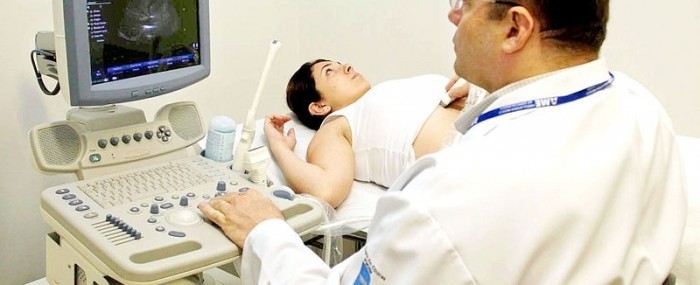
Artificial intelligence at the service of healthcare management
01 de dezembro de 2020By Eduardo Geraque | FAPESP Innovative R&D – Kasco Tecnologia, a spinoff from the University of Campinas (UNICAMP) in the state of São Paulo, Brazil, is developing an artificial intelligence (AI) solution to improve the management of hospital flows in the public and private sector alike. The startup is supported by FAPESP via its Innovative Research in Small Business Program (PIPE).
Bottlenecks common to many hospitals and clinics throughout Brazil, as reported by both healthcare managers and patients, include wait times between arrival and actually being seen by a nurse or doctor, and no-shows, when patients fail to attend an appointment, impacting the flow of care. Treatment itself can prevent an efficient cure, not to mention patients who are examined and medicated but do not follow medical advice after returning home.
“By reviewing processes in several evaluations and via the use of technology, our system will tackle the main problems identified by healthcare managers,” says Diogo Gará Caetano, Kasco’s head of R&D.
Technology can be used to shorten wait times for patients, he adds. One way is to place patients in a virtual queue even before they leave home. If the hospital or clinic is crowded, patients can be warned in advance and organize themselves to arrive later. “We can optimize all processes to avoid too much waiting around,” he says.
The strategy for reducing the number of patients who fail to attend appointments for consultations, examinations or tests can also involve a robot, he explains. Data analysis for development of the hospital management platform points to fear of invasive procedures such as colonoscopy as one of the reasons for patient absenteeism. “People often fail to show up for appointments because they’re afraid. In this case, what AI can do, besides reminding the patient of the date, time and place for the procedure, is tell them how the examination is performed, removing uncertainty so they feel confident and safe,” Caetano says.
The technology can also handle consultation follow-up. “Here the solution is to digitize all the information about the patient and offer a sort of digital assistant to manage some aspects of patient care,” Caetano says. “The AI can tell them where to buy meds and which generics match the prescription, as well as reminding them when it’s time to take each medication.”
The system is being developed and is 80% ready to operate, with 20% to be developed in collaboration with the customer. It will run mobile as well as web-based application software. “The user will be able to choose,” Caetano says. “The application software is really a form of communication. We don’t need it for the platform to work.”
The platform is currently being tested by health units in São Bernardo do Campo, a city in metropolitan São Paulo, and is set to deliver soon to the Mário Gatti hospital network in Campinas.
Another part of the system is patient feedback. Micro base stations installed in areas used by patients let them submit real-time opinions on the care received. “The system can tell us, for example, how many patients passed each point in a given period, and the average wait time for each kind of care. It captures people’s answers and generates reports with statistics on the services delivered,” Caetano says.
The healthcare management and evaluation system developed by Kasco over the past five years is only one of its products. The startup also offers AI solutions based on imaging, facial recognition, and thermovision to control power systems, among others.
